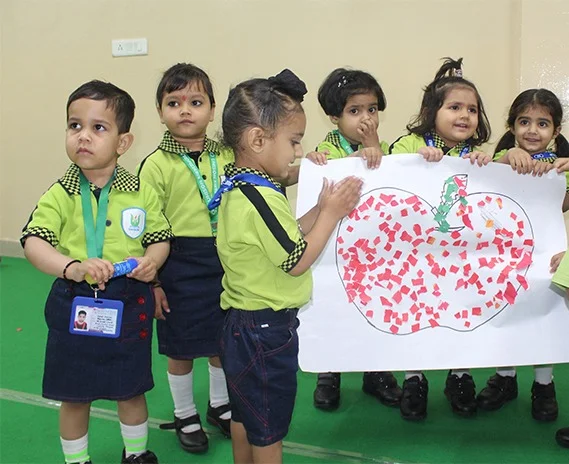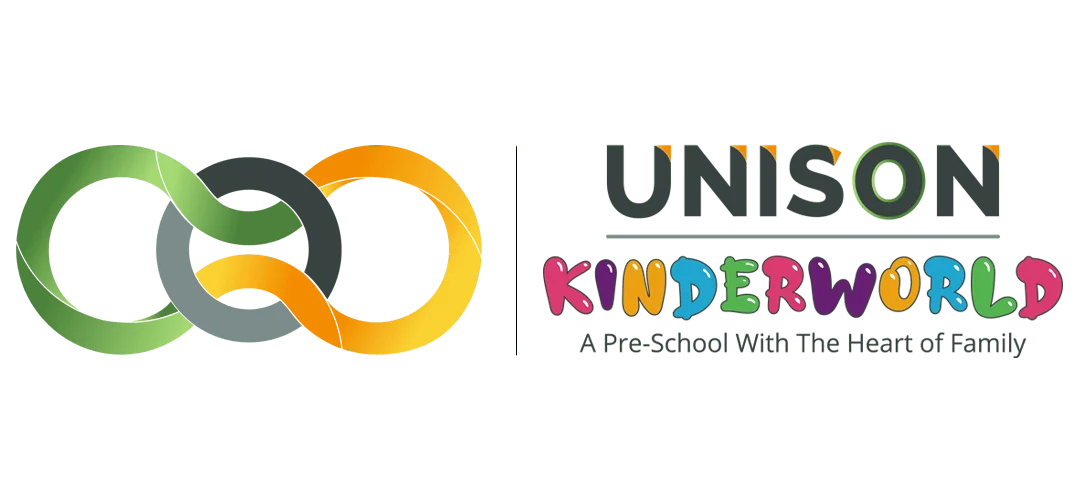Academic Philosophy
The Unison curriculum is a blend of all potentially effective strategies, including conventional and cutting-edge teaching techniques. The curriculum is constantly changing and progressing.
The school’s curriculum approach is dedicated to enhance teaching and learning and children’s holistic development. Our curriculum is built to meet the demanding learning standards of the 21st century in terms of both content and methodology. We provide a broad curriculum that goes beyond academics and includes a wide range of extracurricular activities in order to foster a love of learning in children for lifelong impacts. We encourage youngsters to be self-confident, and self-sufficient, and to think for themselves.
PEDAGOGY OF INNOVATIVE TEACHING
- Student-centred learning
- Effective Teaching Strategies.
- Experiential Learning.
- Holistic Assessment and Evaluation
- Computing and Technology
- Character Education, Leadership and Team Building

DELIVERY OF ACADEMIC CURRICULUM
- We offer themed-based smart classrooms to assist teachers in better-delivering concepts and producing more meaningful learning.
- Group Learning: Using carefully crafted guided inquiry questions, students collaborate in groups to learn.
- Role plays: Role plays are a powerful tool for communicating ideas. To make the lesson fascinating and concrete, students act out various occurrences, such as becoming a part of an ecosystem.
- Models and Projects: Models and projects are used as instructional aids to demonstrate a specific subject.
- Comprehensive and Continuous Assessment: Assessment that is thorough and ongoing help teachers better understand what students are learning while also getting students more actively involved in the learning process.

PARENTS-IN-PARTNERSHIP PROGRAMME

The school runs a number of programs for parents in partnership that make it easier for parents to get involved and comprehend how their children behave in relation to the classroom environment and other pertinent issues like effective communication, positive parenting, the significance of education for children, etc.

